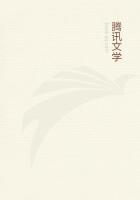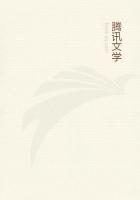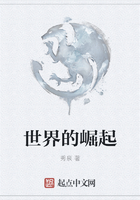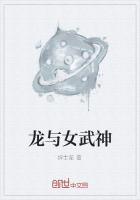But the need not by any means despair on this account. Whatever defects even the most deep-rooted science and the best-ordered society may have, Herr Dühring can at any rate assert one thing with confidence:
"The amount of gold existing in the universe must at all times have been the same, and it can have increased or diminished just as little as can matter in general" {D. Ph. 96}.
Unfortunately Herr Dühring does not tell us what we can buy with this "existing gold".
VII.
PHILOSOPHY OF NATURE.
THE ORGANIC WORLD "A single and uniform ladder of intermediate steps leads from the mechanics of pressure and impact to the linking together of sensations and ideas" {D. Ph. 104}.
With this assurance Herr Dühring saves himself the trouble of saying anything further about the origin of life, although it might reasonably have been expected that a thinker who had traced the evolution of the world back to its self-equal state, and is so much at home on other celestial bodies, would have known exactly what's what also on this point. For the rest, however, the assurance he gives us is only half right unless it is completed by the Hegelian nodal line of measure relations which has already been mentioned. In spite of all gradualness, the transition from one form of motion to another always remains a leap, a decisive change. This is true of the transition from the mechanics of celestial bodies to that of smaller masses on a particular celestial body; it is equally true of the transition from the mechanics of masses to the mechanics of molecules --including the forms of motion investigated in physics proper: heat, light, electricity, magnetism. In the same way, the transition from the physics of molecules to the physics of atoms -- chemistry -- in turn involves a decided leap; and this is even more clearly the case in the transition from ordinary chemical action to the chemi** of albumen which we call life. [39] Then within the sphere of life the leaps become ever more infrequent and imperceptible. -- Once again, therefore, it is Hegel who has to correct Herr Dühring.
The concept of purpose provides Herr Dühring with a conceptual transition to the organic world. Once again, this is borrowed from Hegel, who in his Logic -- the Doctrine of the Notion -- makes the transition from chemi** to life by means of teleology, or the science of purpose.
Wherever we look in Herr Dühring we run into a Hegelian "crudity", which he quite unblushingly dishes out to us as his own deep-rooted science.
It would take us too far afield to investigate here the extent to which it is legitimate and appropriate to apply the ideas of means and end to the organic world. In any case, even the application of the Hegelian "inner purpose" -- i.e., a purpose which is not imported into nature by some third party acting purposively, such as the wisdom of providence, but lies in the necessity of the thing itself -- constantly leads people who are not well versed in philosophy to thoughtlessly ascribing to nature conscious and purposive activity. That same Herr Dühring who is filled with boundless moral indignation at the slightest "spiritistic" tendency in other people assures us "with certainty that the instinctive sensations were primarily created for the sake of the satisfaction involved in their activity" {D. Ph. 158}.
He tells us that poor nature "is obliged incessantly to maintain order in the world of objects"{159} and in doing so she has to settle more than one business "which requires more subtlety on the part of nature than is usually credited to her" {165}.
But nature not only knows why she does one thing or another; she has not only to perform the duties of a housemaid, she not only possesses subtlety, in itself a pretty good accomplishment in subjective conscious thought; she has also a will. For what the instincts do in addition, incidentally fulfilling real natural functions such as nutrition propagation, etc., "we should not regard as directly but only indirectly willed {169}.
So we have arrived at a consciously thinking and acting nature, and are thus already standing on the "bridge" -- not indeed from the static to the dynamic, but from pantheism to deism. Or is Herr Dühring perhaps just for once indulging a little in "natural-philosophical semi-poetry"?
Impossible! All that our philosopher of reality can tell us of organic nature is restricted to the fight against this natural-philosophical semi-poetry, against "charlatani** with its frivolous superficialities and pseudo-scientific mystifications", against the "poetising features"{109} of Darwinism .
The main reproach levelled against Darwin is that he transferred the Malthusian population theory from political economy to natural science, that he was held captive by the ideas of an animal breeder, that in his theory of the struggle for existence he pursued unscientific semi-poetry, and that the whole of Darwinism, after deducting what had been borrowed from Lamarck, is a piece of brutality directed against humanity.

